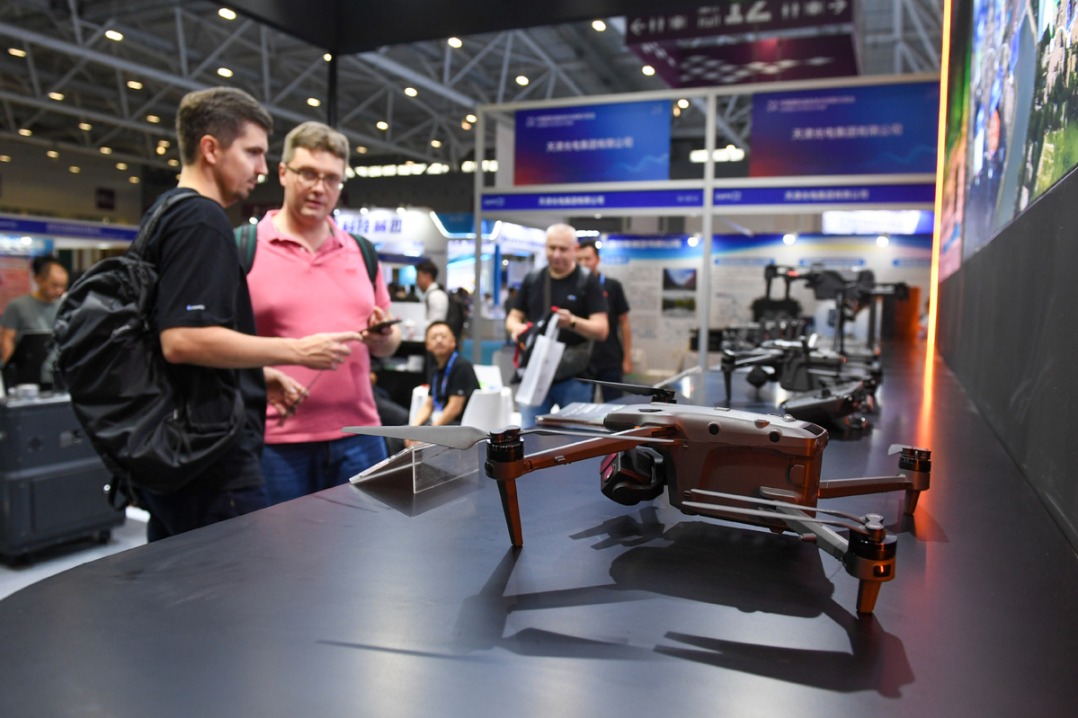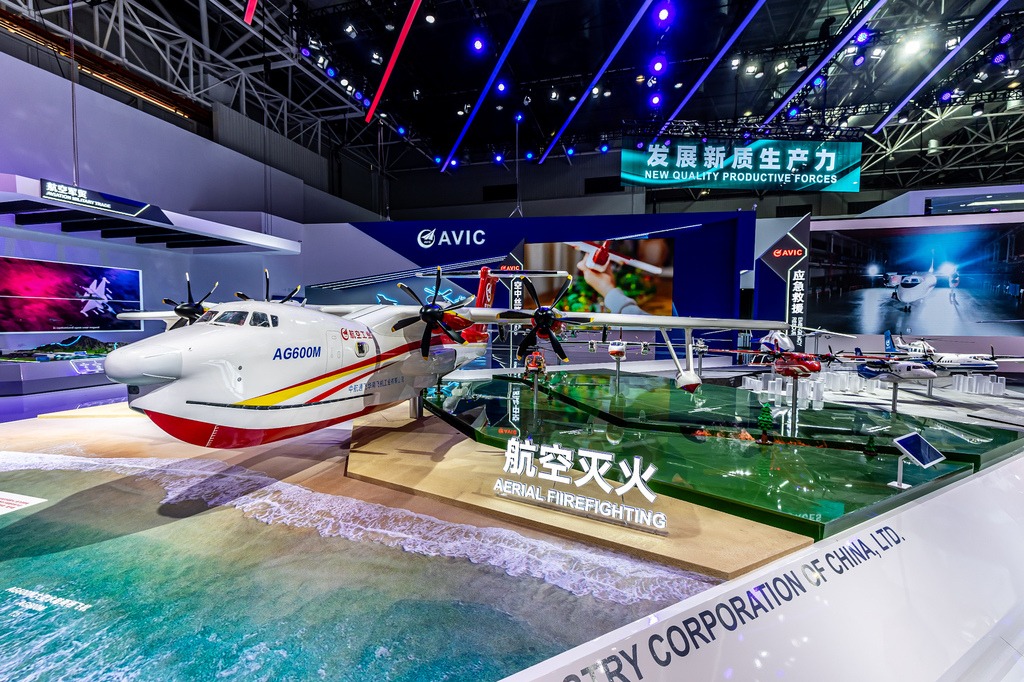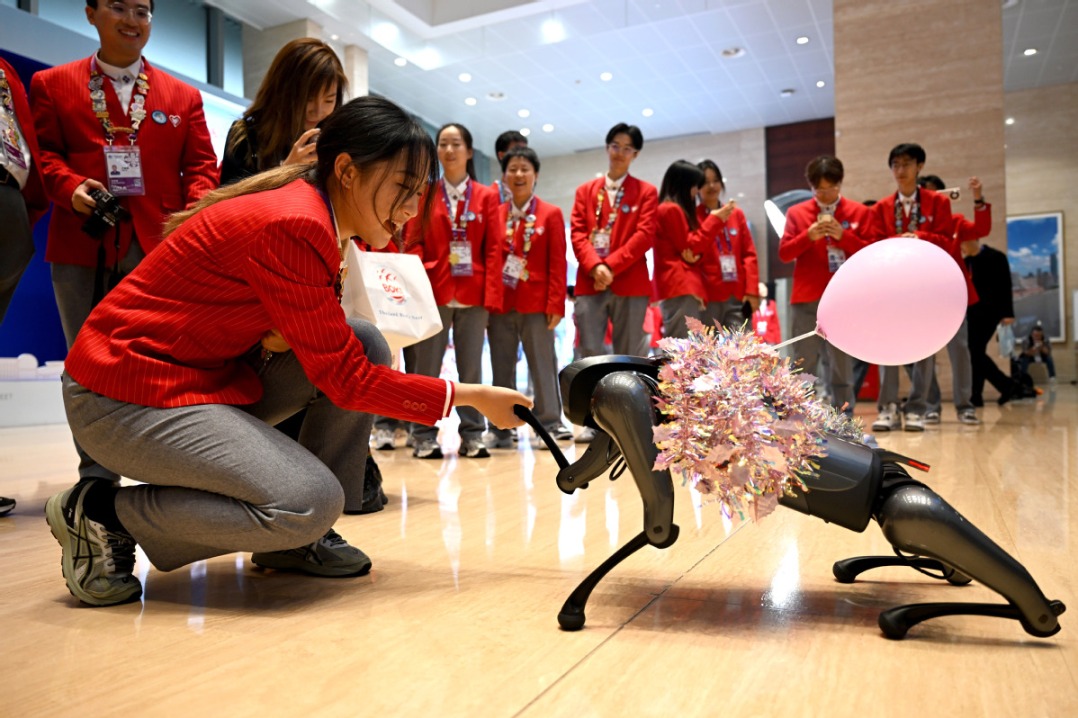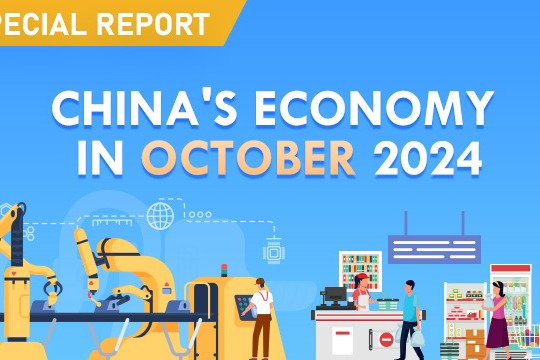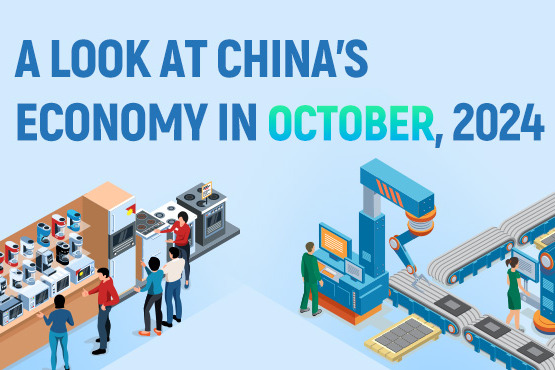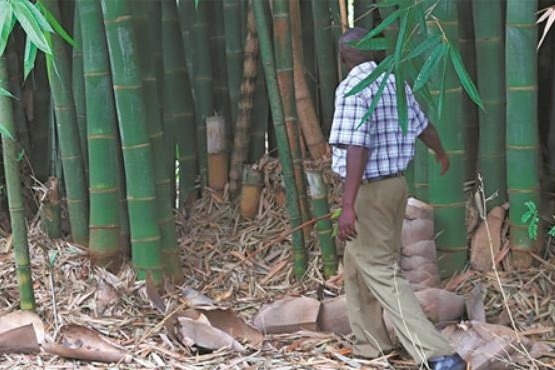B&R seminar to help boost regional cooperation

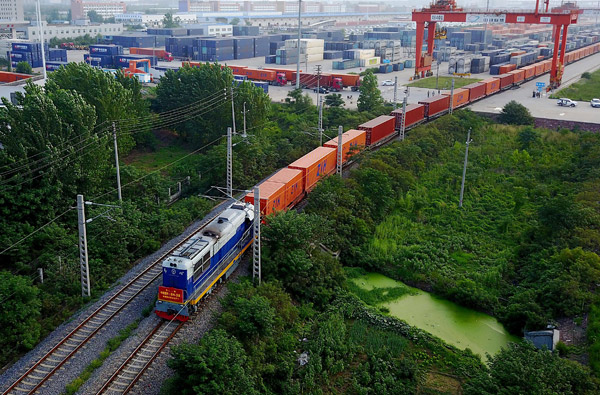
Central and Eastern European countries are expected to explore opportunities for further cooperation with China through the Belt and Road Initiative at an international financial exchange and cooperation seminar that opened in Beijing on Tuesday.
Thirty-one participants, mainly government officials, from Serbia, Romania, Bulgaria and Montenegro are participating in the 10-day seminar.
Delegates will attend lectures conducted by experts on global economic trends, China's national development strategies and infrastructure investment. The speakers include Zhu Min, head of the National Institute of Financial Research at Tsinghua University and former vice-president of International Monetary Fund, and Jin Liqun, president of the Asian Infrastructure Investment Bank.
Apart from lectures, the participants will also visit places such as Shanghai Huawei Technologies Co Ltd and Yangshan Deep Water Port.
"The seminar will offer a comprehensive introduction of the Belt and Road Initiative to participants, with a focus on discussing opportunities for cooperation in a number of areas including finance, e-commerce, agriculture, energy and tourism," said Chen Siqing, chairman of Bank of China, the nation's fourth-largest commercial lender by assets.
"We hope that the participants will speak their minds freely and give advice on how to better promote the Belt and Road Initiative so that people in these four Central and Eastern European countries could receive more benefit from the initiative," Chen said.
China will also share its practice and experience of reform and opening up during the last 40 years with the seminar attendees, in the hope that they will find the right fit in the economic development of China and of their own country, he added.
Jagoda Lazarevic, special adviser to the deputy prime minister and minister of trade, tourism and telecommunications of Serbia, said: "More and more European countries are trying to be more visible under the Belt and Road Initiative because they recognize the potential of this initiative, and the countries can really benefit for the long-term future."
Currently, Belt and Road cooperation between China and Central and Eastern European countries is primarily in the infrastructure and energy sectors, but it can later be widened to different areas, such as tourism and telecommunications, Lazarevic said.
Under these circumstances, "having a seminar dedicated to certain economic topics, which are also the primary concerns of government officials in Serbia ... will be mutually useful for all participants," she said.
Central and Eastern European countries have unique geographical advantages by connecting China to the EU market and key energy producing areas such as Russia and Central Asia. In recent years, more and more CEECs have been seeking to expand cooperation with China, said Wang Chao, vice-minister of foreign affairs.
Although anti-globalization sentiment and protectionism are on the rise, and recovery of global trade is not solid enough, trade between China and CEECs grew to $68 billion in 2017, registering a growth of 15.9 percent year-on-year, higher than the growth rate of China's overall foreign trade in the same period, Wang said.
- Chinese reform will benefit UK and the world
- Senior officials of China, Myanmar meet on law-enforcement cooperation
- US companies invited to take part in AIIB
- Belt and Road photographers gather for annual event
- Belt and Road Initiative key to forging shared prosperous future between China, LatAm - expert
















